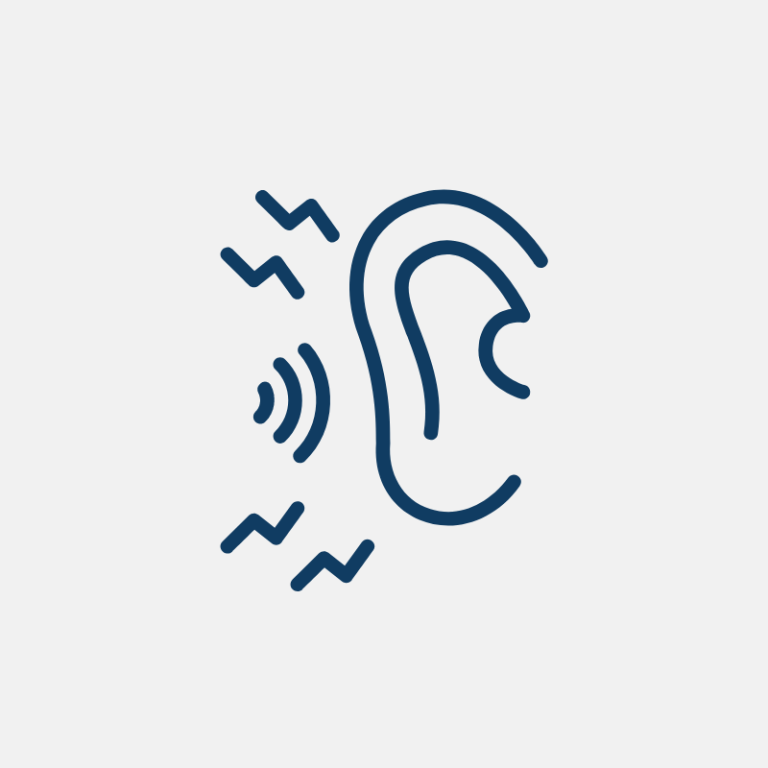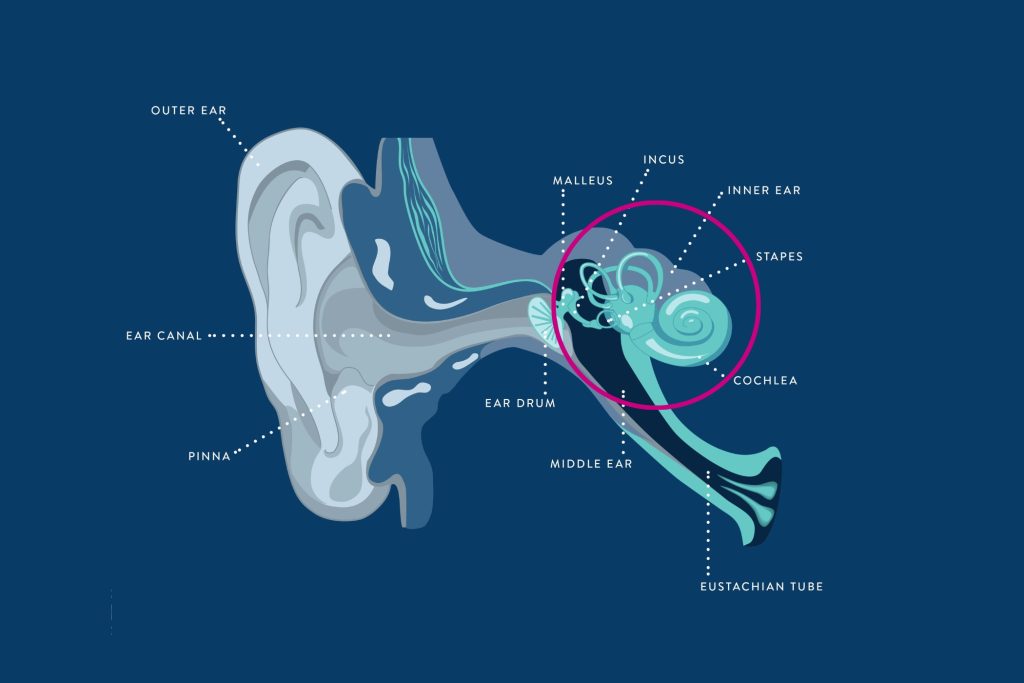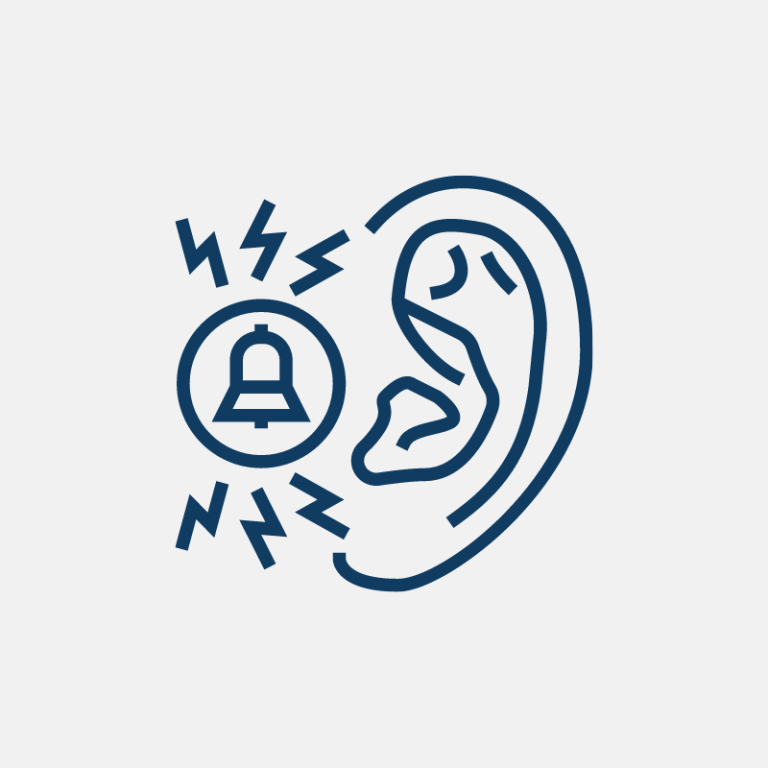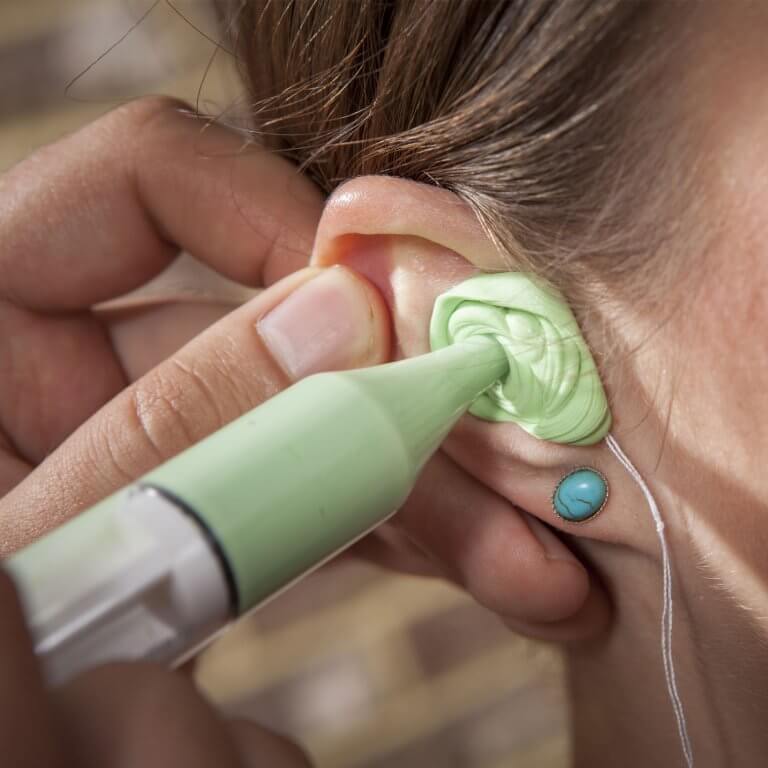
1. Difficulty understanding speech or following conversations, especially in noisy environments.

Many people experience hearing loss as they age, but ageing isn’t the only cause. Sensorineural hearing loss is the most common type of hearing loss and can happen at any age for a multitude of reasons. Read on to learn more about sensorineural hearing loss, its common causes, and how it’s treated.
Sensorineural hearing loss (SNHL), also known as nerve-related hearing loss, occurs when the hair cells inside the inner ear or the hearing nerve (or both) are damaged. It is the most common of the three types of hearing loss (the other two are conductive hearing loss and mixed hearing loss) and is often permanent.
There are two types of SNHL: congenital and acquired. Congenital hearing loss occurs at birth, either due to genetics or during the foetal development stages. Acquired hearing loss occurs after birth and can be caused by various factors. Early detection is vital to ensure as much hearing quality is preserved as possible.
There are multiple different types of SNHL. Depending on the cause, it can affect one ear or both in varying degrees.
Bilateral SNHL affects both ears. It can be caused by genetics, exposure to loud sounds, and certain diseases such as measles, as well as ageing.
Unilateral SNHL usually only affects one ear and can happen naturally, although is much less common. It’s commonly caused by a tumour, Meniere’s disease, or a sudden loud noise in just one ear.
Asymmetrical SNHL is hearing loss that affects both ears, but one ear is worse than the other.
It can be difficult to identify the symptoms of SNHL which is why it’s so important to familiarise yourself with the signs of hearing loss. If you identify any of the following symptoms, make sure to book a hearing test.

1. Difficulty understanding speech or following conversations, especially in noisy environments.

2. Frequently asking others to repeat themselves.

3. Perceiving speech and other sounds as muffled or mumbling.

4. Trouble hearing high-pitched sounds such as timers, alarms, or some voices.

5. Tinnitus – a ringing or buzzing in your ears.

If you’re considering a hearing check, try our online hearing test. While this test is available anytime, please remember it cannot provide a medical diagnosis.
For a thorough and precise evaluation, schedule a free hearing assessment with our professional audiologists. Regular hearing tests can identify changes in your hearing early, enabling timely treatment or management. To book an appointment, call us at 0800 52 00 546 or click below to book online.
Sensorineural hearing loss can be caused by many different things, from trauma to disease. The most common causes of SNHL include:
The treatments of SNHL will depend on the cause and severity of the hearing loss. It is not treatable through surgery or medication and will often need an external tool to help give you a full spectrum of hearing again. Alternatively, if a medication causes it, the effects can be reversed if treated withing 48 hours with steroids – this is why it’s important to seek immediate medical attention for sudden hearing loss.
It’s important to seek treatment for sensorineural hearing loss as soon as possible. Leaving it untreated can make life more difficult and negatively impact your well-being as it can decrease your quality of life and cause you to feel lonely.
Once someone develops SNHL, it can not be cured (except in some cases related to medications as highlighted in the last section). Due to the nature of the condition being related to permanent damage. However, there are measures you can take to prevent it from developing later in life.


Sensorineural hearing loss is the most common type of hearing loss. It can be caused by many different things – from genetics to age to trauma – and happens when the hair cells or auditory nerve become damaged. While sensorineural hearing loss is usually permanent, most people with it can regain their quality of life through the use of hearing aids, cochlear implants, and assistive listening devices.
If you suspect you or a loved one has hearing loss, or if you experience a sudden loss of hearing in one or both of your ears, seek medical attention or reach out to your audiologist for a hearing assessment.